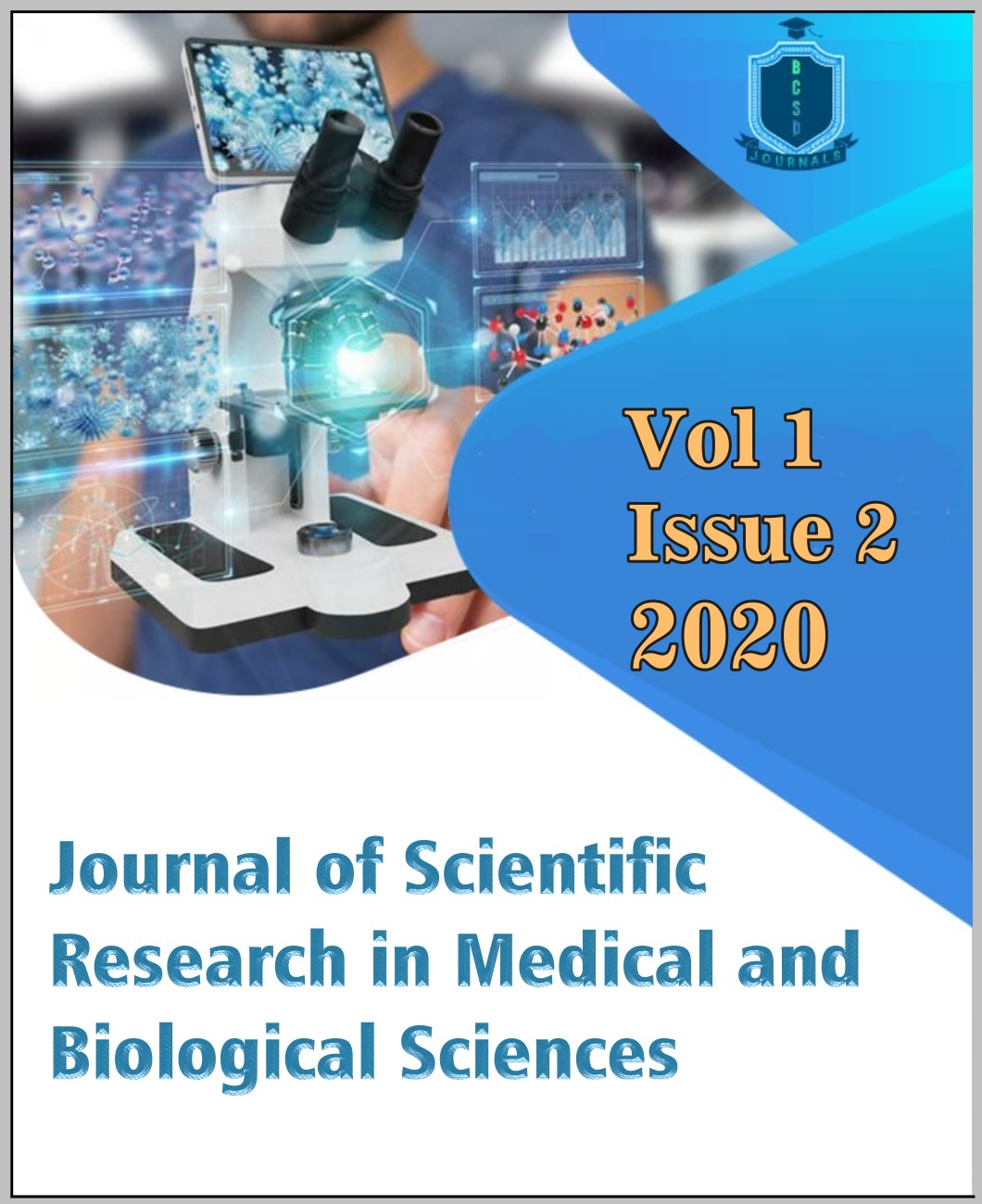
Journal of Scientific Research in Medical and Biological Sciences
Yazarlar: ["Chhavi", "Manali Kaintura", "Tikkam Singh", "Ajeet Singh"]
Konular:-
DOI:10.47631/jsrmbs.v3i3.530
Anahtar Kelimeler:Prostrate cancer,PC3,DU145,Azadirachta indica,Withania somnifera
Özet: Purpose: Recent years have witnessed a shift from chemically processed drugs to more therapeutic natural domains. Several plant parts like root, stem, leaves, etc. are utilized to develop ‘natural drugs’ for treatment of deadly diseases, one such being cancer. A plethora of plant secondary metabolites such as alkaloids, flavonoids, terpenes, steroids, phenolics have displayed viable roles in the human diseases like diabetes, cancer and have been known to show anti-inflammatory, analgesics and antipyretic properties. The present investigation has mainly focused on the evaluation of crude extracts of Azadirachta indica A. Juss. (Neem), Withania somnifera (L.) Dunal (Ashwagandha) against human prostate cancer cell lines PC3 and DU145 by performing cell viability tests. Methods: The crude extracts of plants were prepared in organic solvents such as ethanol and methanol and their anticancer activity were evaluated by employing resazurin and DNA fragmentation assays. Results: The crude extracts of A. indica and W. somnifera have showed inhibition on growth of PC3 and DU145 cells. In PC3, ethanolic extract of W. somnifera (WSEE) at 80 µg/mL was found to be optimum as cancer cells growth inhibitor and showed 45.03% inhibition whereas, 42.63% inhibition in DU145 cells was observed in 100 µg/mL of methanolic extract of A. indica (AIME). Fragmented or damaged DNA was observed in the extract treated PC3 and DU145 cancer cells assessed by DNA fragmentation assay. Conclusion: The secondary metabolites present in the crude extracts showed moderate anticancer activity against prostate cancer cell lines such as PC3 and DU145. These natural agents stand out as chemopreventive substances and are have been used more in practice with allopathic substitutes, however investigation with the aid of advance technology and extrapolating the potential benefits of various other herbs can be vital in this regard.